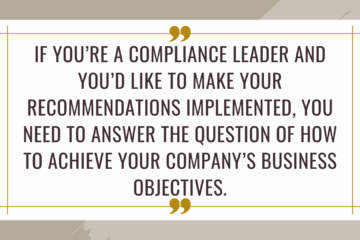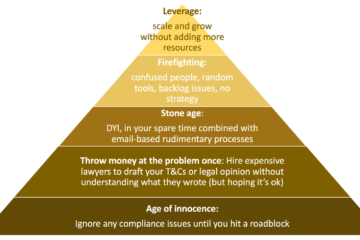What To Do When Others Don’t Pay You?
In the startup world, it happens every so often that people don’t pay you or don’t deliver what you expect them to deliver, or otherwise don’t do what they promised.

Sometimes people ask me, what options they have.
Here are a few creative strategies I see working quite well in cases, where you suspect that the other side is trying to avoid you hoping their obligation to you will somehow go away, and where you don’t expect to have any continued business with them. Either do any of those steps or threaten to act and then follow through, if your warnings are not taken seriously.
- Use pre-payments, credit card-based monthly installments, or other forms of advances to avoid being in a position where you need to chase people begging to be paid. If you are a service provider, consultant, vendor, or work in a similar capacity, set up credit card payments or require advance payments. Many startups are disorganized and low on cash, so it actually makes sense not to start working for them before they sign a contract and pay you.
- If your business partner is a regulated entity and they delay their payments or pretend that they don’t have to pay what’s due to you, send an email complaint to their regulator. Most financial institutions would be very concerned if they look insolvent or not in control of their financial operations, because it may indicate that clients’ money is in danger. Most likely they would pay you very quickly if their regulator is informed about their potential financial difficulties.
- Escalate the case to the debt register, Strafregister, or a similar local agency that keeps track of insolvencies and credit ratings. Many people who don’t pay you may hope that you are too busy and will leave them alone and won’t pursue this matter officially. However, if there is a risk that they will be recorded as someone with a damaged credit rating, it will have more serious consequences, so it’s highly likely that you will get paid.
- Write an email or a formal letter of complaint to the bank of your business partner. Simply write and say that you are informing this bank that their client is not meeting their financial obligations towards you and you are expecting them to be in financial difficulties and are in the process of making available to you legal actions. This action has no legal power, but since so many startups are afraid to lose their banking relationship, this action (or a threat) may actually work.
Obviously, any of these steps could backfire or not work or become time-consuming, but hey – why not try to get some of your money back?
If you prefer to listen to this information instead of reading, you can do it by tuning into this podcast episode of Compliance That Makes Sense. 🎙️


